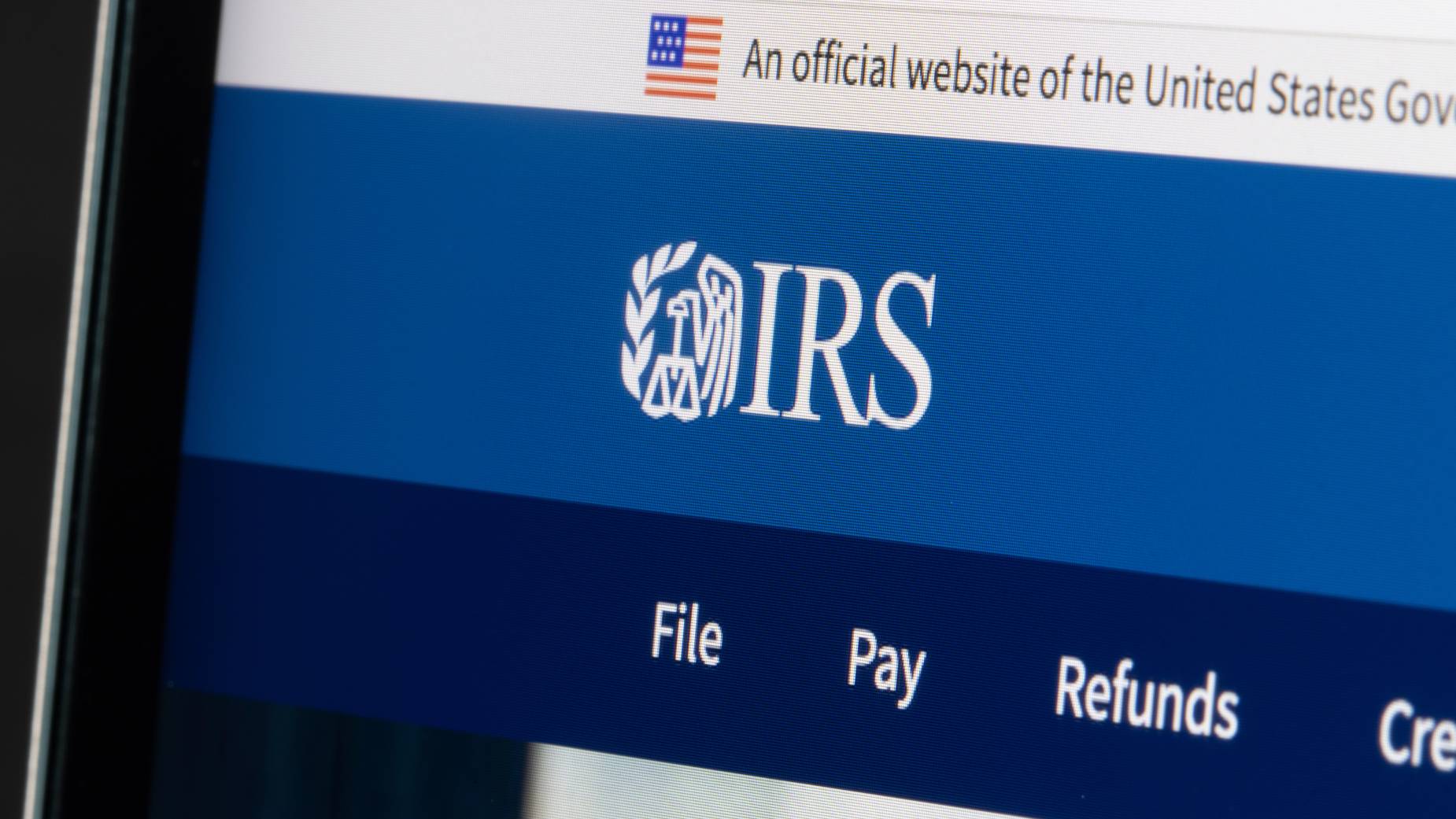In the US, the IRS (Internal Revenue Service) has announced that taxpayers who have been affected by recent natural disasters will have their due dates extended.
This measure is meant to ease the stress on the attorney during important times by giving people more time to file tax returns, make payments, or take care of other related tasks. When an official emergency is declared, like a hurricane, flood, or forest fire, this kind of change is made.
Over the years, the IRS has been able to adapt to different types of emergencies, such as those declared by the Federal Emergency Management Agency (FEMA).
Taxpayers who are eligible will be notified automatically, but you should also check the IRS’s updates to make sure that your area or state is one of the ones that will be extended.
Eligibility for IRS attorney extensions
To get these extensions from the IRS, you need to meet certain requirements set by the organization:
- Residence or business in zones declared as disaster areas by FEMA.
- Completion of paperwork during the extension period announced by the IRS.
Some taxpayers who do not live in the affected areas can also get this benefit from the IRS, as long as their paperwork is processed in one of the designated areas. You can call the IRS directly to have your case looked at if you think you might be eligible but have not been told.
Taxpayers can focus on getting better before having to pay their lawyers if they get these extensions. But it is very important to know about the new due dates and any other requirements.
Other IRS Measures for Taxpayers in Emergencies
In addition to deadline extensions, the IRS offers several attorney relief options for those experiencing difficult circumstances:
- Exemption from late filing penalties in certain cases.
- Ability to pay back taxes through installment agreements.
- Access to free assistance programs to facilitate document preparation.
It is important to remember that these steps only make things easier for the lawyer; they do not get rid of the client’s obligations. Keeping in touch with the IRS and getting all the paperwork in order will help you avoid problems in the future.
Final Considerations for Taxpayers
The IRS has also worked with state and local governments more to make sure that taxpayers who are affected get clear information quickly. These partnerships give areas that have been affected more resources to meet their legal obligations without slowing down their economic recovery.

Even though these extensions help right away, it is important to think about the long term. People who owe taxes can use this time to look at their finances, reorganize their papers, and talk to an attorney.
Also, it is a good idea to keep a close eye on IRS updates, since new emergency filings may make deadlines even later.
Lastly, the IRS’s focus on helping people who have been affected by natural disasters shows how important it is to have a lawyer structure ready for when things go wrong.
These steps are meant to not only make things easier during times of crisis, but also to boost faith in the tax system and its ability to handle problems.













Leave a Reply